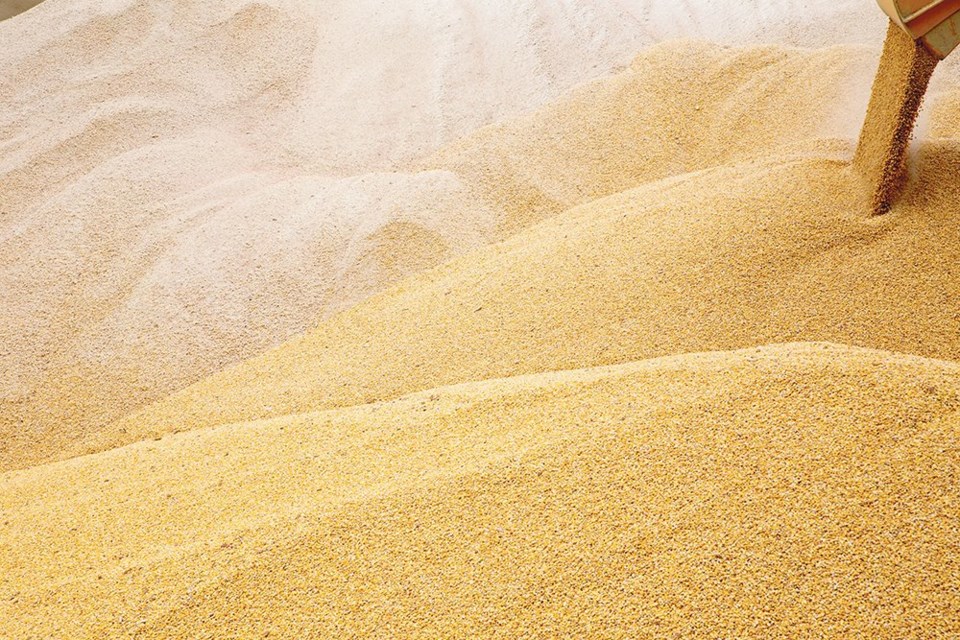Iliana Axiotiades, secretary general for Coceral, said the EU’s Biodiversity Strategy and Farm-to-Fork Strategy are two disasters waiting to happen.
“These are going to have a tremendous impact on European production,” she said during a webinar organized by the International Grains Council.
The Biodiversity Strategy is aimed at transforming 10 percent of EU farmland into high diversity landscape.
“This is going one step beyond set-aside and 10 percent is a lot,” said Axiotiades.
The Farm-to-Fork strategy comprises 27 actions designed to make the EU’s food system more environmentally friendly by 2030. They include increasing organic land to 25 percent from eight percent, dropping fertilizer use by 20 percent and reducing pesticide use by 50 percent.
Coceral estimates that will lead to a 19-million-tonne drop in the EU’s annual wheat production by 2030.
It will also result in a nine-million-tonne decline in corn output, a 12-million-tonne reduction in barley and other grains and a 4.7-million-tonne curtailment in oilseed production.
Axiotiades said studies by the U.S. Department of Agriculture, the European Commission’s Joint Research Centre and several European universities came to similar conclusions.
That lost production will have profound impacts on global trade of the world’s major crops.
The EU exports 42.9 million tonnes of grains a year, including 27.4 million tonnes of wheat and 10.6 million tonnes of barley. It imports 21 million tonnes of grains, including 14.5 million tonnes of corn.
If the proposals are implemented, Coceral estimates the EU will go from a baseline scenario of being a net exporter of 17.6 million tonnes of grains by 2030 to being a net importer of 35.6 million tonnes.
That would be a seismic swing in EU grain trade that would have profound reverberations in global markets, she said.
The impact on the oilseed market is expected to be more muted, although still significant.
The EU is now a net importer of 21.6 million tonnes of oilseeds. By 2030 it is expected to import around the same volume under the baseline scenario. If the proposals are implemented, that will jump to 26.9 million tonnes.
Axiotiades said the proposals are well-intentioned but the approach is wrongheaded.
“We need to do things more carefully with a longer transition period,” she said.
Gord Kurbis, vice-president of trade policy and crop protection with the Canada Grains Council, asked her to what extent the unintended consequences of the policies are recognized by politicians in Brussels.
Axiotiades said they appear to be listening to what farm groups like Coceral are saying.
When the Farm-to-Fork policy was first announced it was presented as a fait accompli but lately politicians are suggesting it was only a vision.
She noted the policies are at the start of a long process that may take two to three years before implementation. However, she warned that they will have ripple effects around the world due to what is known as the Carbon Border Adjustment Mechanism contained in the EU Green Deal.
“Exporting countries are also going to have to adjust their production methods if they want to sell into the EU,” said Axiotiades. “They need to align if they want to continue to access this market.”
That will have a significant impact on the availability of grains in the EU, which is why Axiotiades is encouraging exporting and importing countries to make presentations to the European Parliament through their embassies in Brussels.
“We need to have a global conversation on these things,” she said.
She noted that a shift to more sustainable production is inevitable in the EU but there is still time to influence what that change looks like and how fast it occurs.





